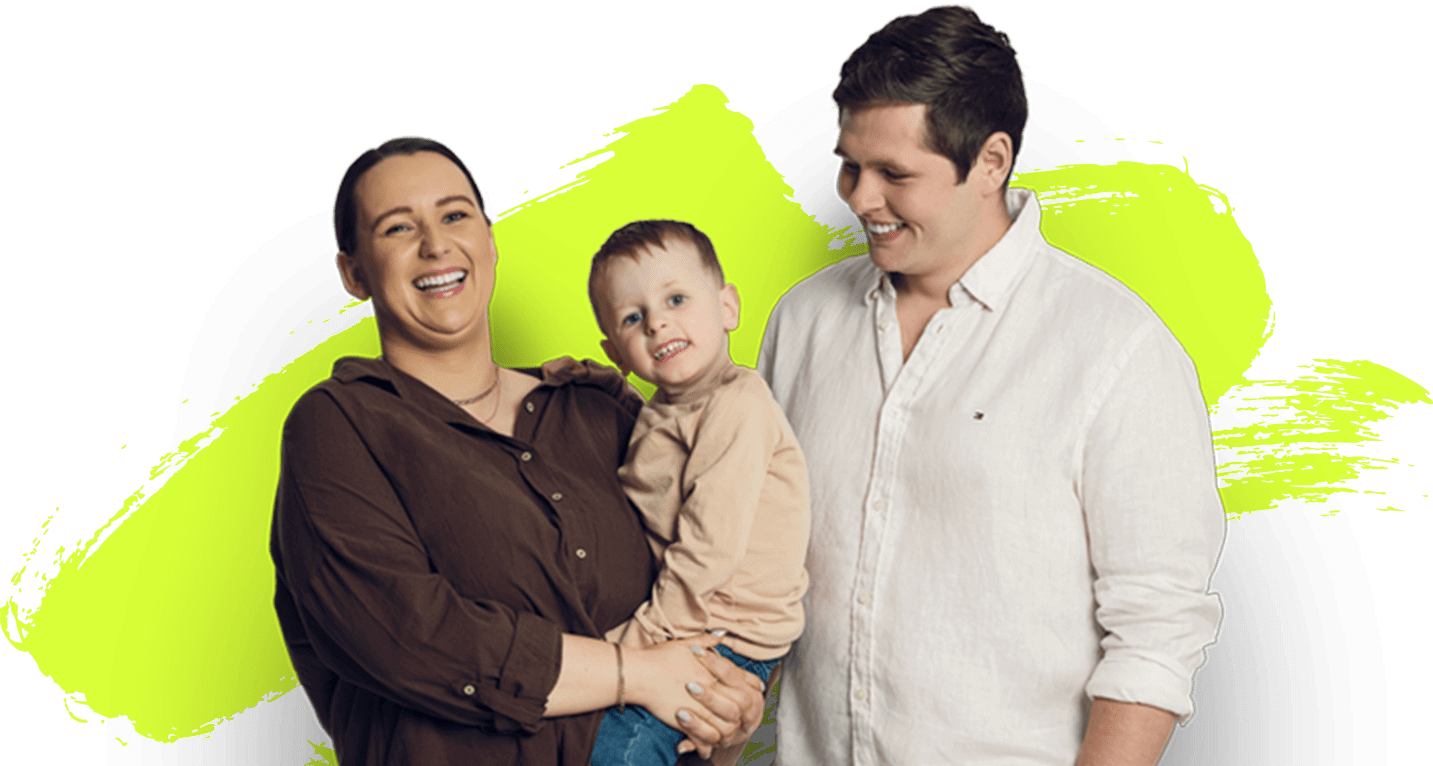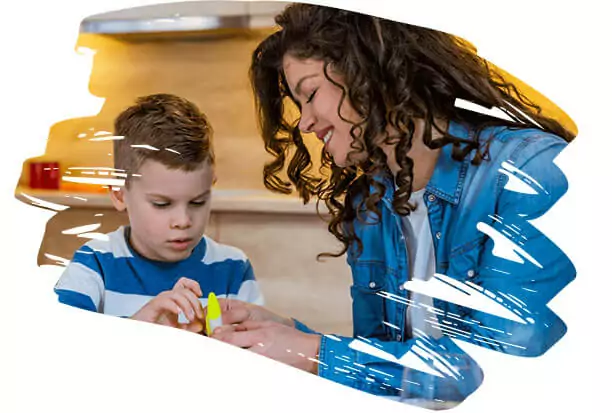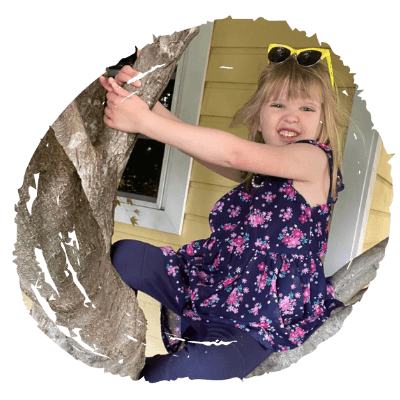To help families achieve the best outcomes, our child and family teams includes key workers, therapists and practitioners working together to meet a child’s physical, emotional, social, and cognitive development needs. While each family’s team configuration depends on the child’s developmental needs and therapist availability, you can count on the support of a key worker, and at least one therapist such as a speech pathologist, occupational therapist, or physiotherapist.
Early Childhood Supports
Early intervention services support your child and family to achieve more positive life change, your way.

How Early Childhood Supports Deliver More

Supporting Positive Life Changes
Your key worker can help your child and family build new skills including:
- Language and communication skills to enable your child to better express themselves, understand others, and make friends
- Playing in ways that enhance cognitive development and opportunities for learning
- Personal care such as cleaning teeth, toileting, washing and dressing independently
- Sleep hygiene and routines for mental and physical health for your child
- Using assistive technology to perform tasks more safely, securely, and independently.
- Navigating transitions such as starting daycare or school, moving home, and changes in family dynamics
- Gross motor and fine motor skills to enjoy in physical activities
- Behaviour management for self-regulation and expressing needs and feelings
- Social skills and interactions for making connections with family, friends and other people in your child’s life.
We’re Ready to Get you Started
Your first step to getting started with early childhood support (also known as early intervention) is to meet with a key worker, in your home. They get to know you, your family and child and other members of your support team to understand the outcomes you all want.
Is your child not yet a NDIS participant? Visit our NDIS page for information on getting your plan funded.

Who is a key worker and how do they help my child and family?
A key worker is a trained early childhood practitioner who is your main point of contact for all your early intervention services. With knowledge in early childhood development, they support your child and family as part of a broader team that may include speech pathologists, occupational therapists, physiotherapists, behaviour support practitioners, and habit coaches.
How will the key worker model benefit my child and family?
As degree-qualified teachers, our key workers use their specialised training in child development and learning to design and implement strategies across developmental areas which include social, emotional, physical, cognitive and language. They do this in a way that engages your family and other important people in your child’s life such as their teacher.
There are some specialised areas that only a speech pathologist, physiotherapist or occupational therapist can assess and provide advice on. The key worker will link in these team members where this support is required.
I only need occupational or speech therapy for my child, can a key worker help with this?
As degree-qualified teachers, our key workers use their specialised training in child development and learning to design and implement strategies to support your child’s development. This includes activities to improve their fine motor skills, language development or strategies to help with their sensory processing issues. These strategies can also be used by other members of your child’s team, such as speech pathologists, occupational therapists and physiotherapists.
Key workers can deliver more than an individual registered occupational therapist, speech pathologist or physiotherapist as they can implement their own strategies and activities as well as those designed by the team of therapists.
More frequently asked questions are available on the key worker model, the background and experience of our key workers, and how we deliver early childhood supports.




